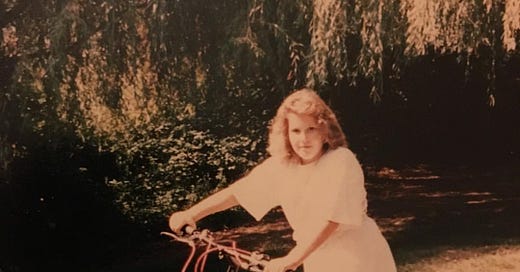Hello lovely readers! Did you know that this publication is supported by paying subscribers? (it is!) And did you know how deeply grateful I am for all of you (not just paid subscribers)? Subscribe now for 25% off a yearly paid subscription, using the button below. Paid subscriptions keep this publication alive!
Keep reading with a 7-day free trial
Subscribe to Gathering to keep reading this post and get 7 days of free access to the full post archives.



